U.S. Department Of Transportation Invests $316 Million To Modernise Passenger Ferry Services
U.S. Department of Transportation has declared the availability of $316 million to support and modernize passenger ferry services nationwide.
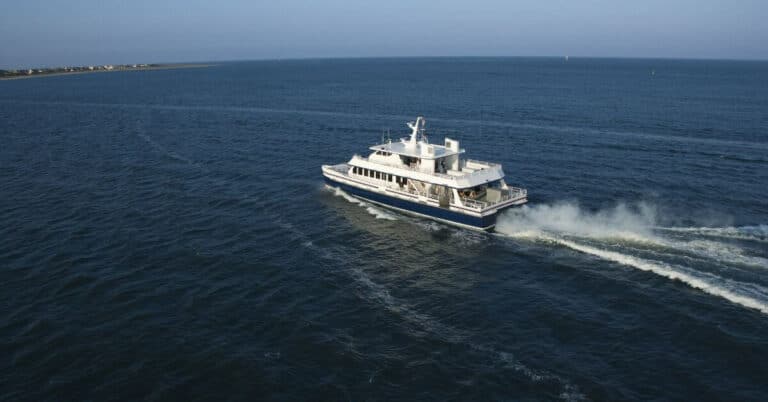
U.S. Department of Transportation has declared the availability of $316 million to support and modernize passenger ferry services nationwide.
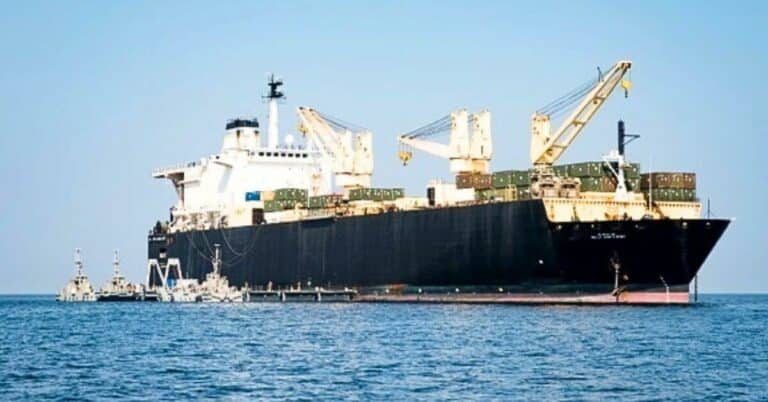
A US Navy ship assigned to help build a dock for transporting crucial supplies to Gaza people was forced to return due to an engine room fire.
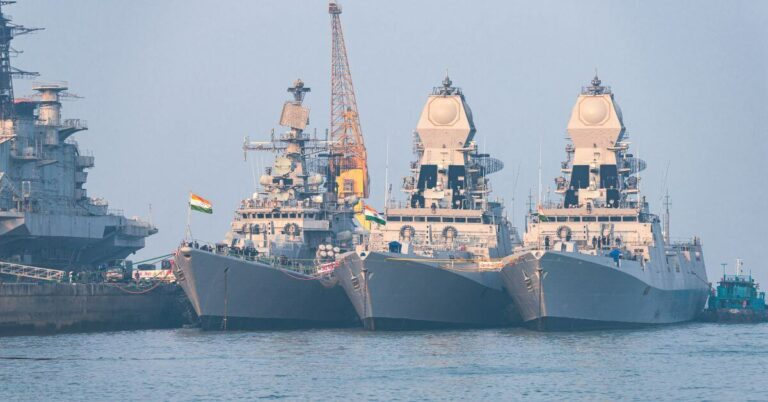
In response to the recent Iranian missile strike against Israel, the Indian government has placed the country’s Navy on high alert.
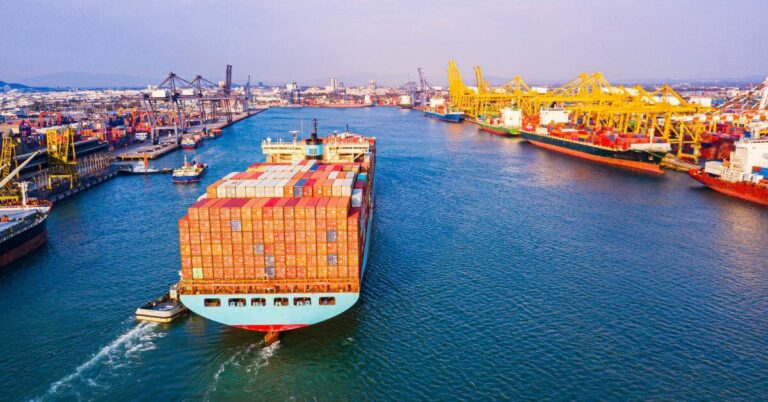
The container market has suffered a substantial setback due to the COVID-19 epidemic, with 24.6 million TEU (twenty-foot equivalent units).
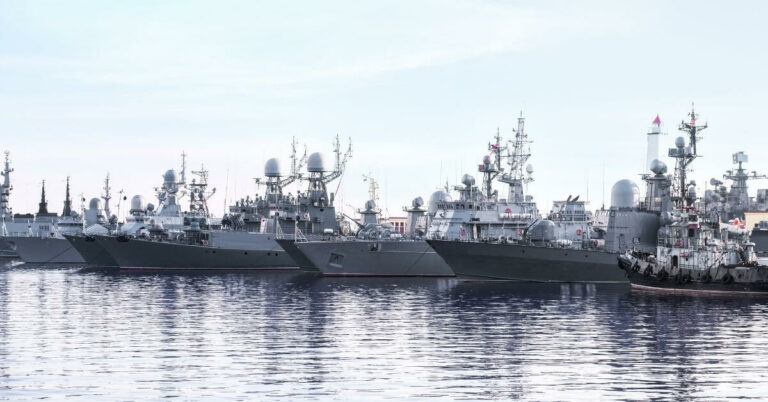
The head of a European Union force highlighted the urgent need for more warships deployment to increase freight traffic in the Red Sea.
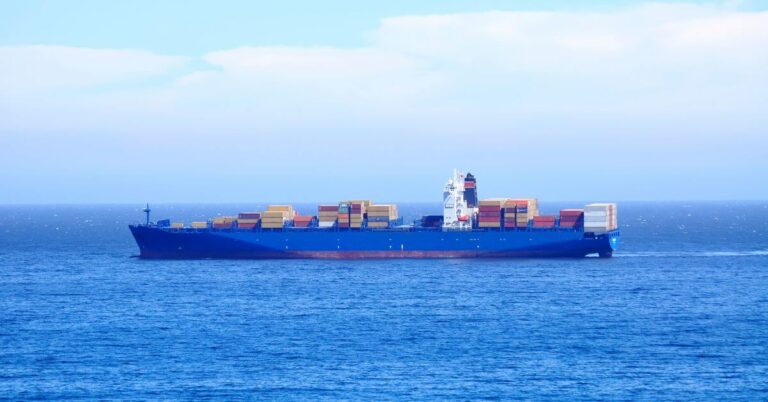
MSC has assured that the vessel’s 25 crew members are currently safe and discussions with the Iranian authorities are in progress.
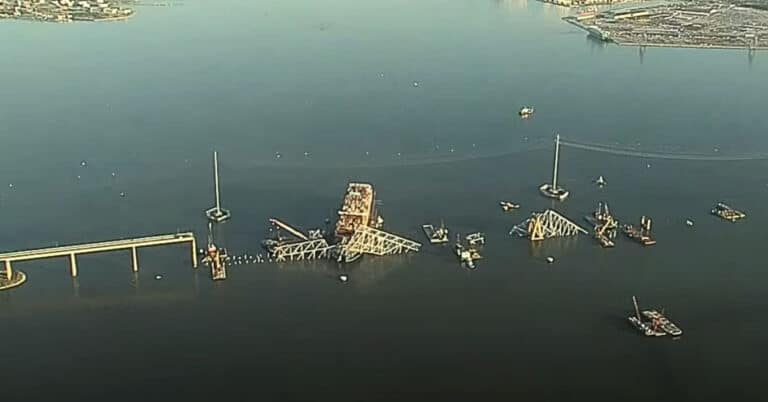
Analysis reveals that vessels lost propulsion in nearly two dozen instances around Baltimore alone in the past three years.
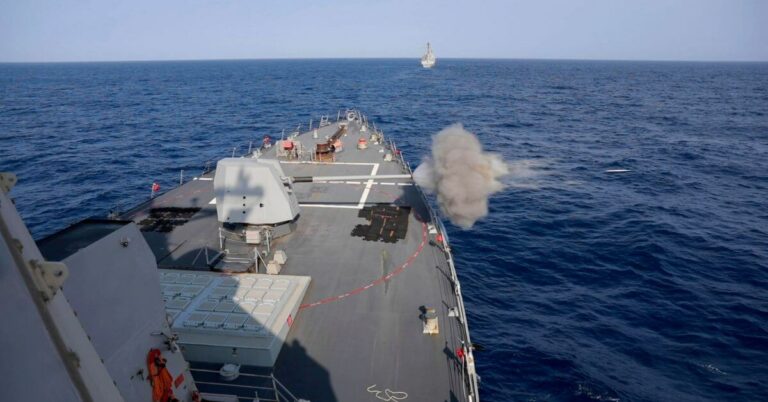
US Navy has, so far, fired almost $1 billion in missiles from Iran and other proxy forces in the past six months.

Arleigh Burke-class missile destroyers deployed Standard Missile-3 interceptors to counter an Iranian ballistic missile attack on Israel.
"*" indicates required fields